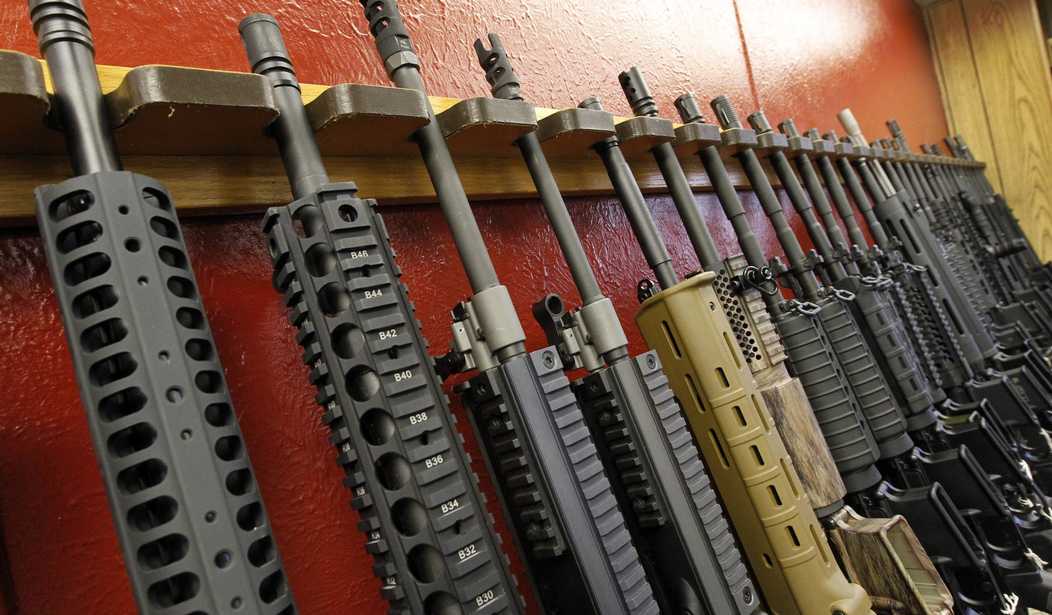There is a prohibition against being a marijuana user and owning a gun. This is regardless of state laws regarding pot. The prohibition is federal and state law cannot negate this.
Whether you support legalizing pot or not is largely irrelevant to this discussion. What is relevant, however, is the idea that people obeying state law can be brought up on federal charges but only when they have a firearm in their home.
That turns it into a Second Amendment matter.
So it should be unsurprising that the matter is in court, as it should be.
It seems the Department of Justice is making a rather bizarre argument to support his prohibition, though.
Every state prohibits driving while intoxicated, recognizing that alcohol use impairs the ability to safely operate a motor vehicle and increases the risk of potentially lethal accidents. Using a cellphone also impairs the ability to safely operate a motor vehicle and increases the risk of potentially lethal accidents. It therefore makes sense to prohibit cellphone users from owning cars.
That faulty syllogism bears more than a passing resemblance to the Biden administration’s defense of the federal law that makes it a felony for cannabis consumers to possess firearms. That law, the U.S. Department of Justice (DOJ) argues in an appeal brief filed last week, is “consistent with this Nation’s historical tradition of firearm regulation”—the constitutional test established by the Supreme Court’s 2022 decision in New York State Rifle & Pistol Association v. Bruen. To make its case, the government cites laws passed in the 17th, 18th, and 19th centuries that prohibited people from carrying or firing guns while intoxicated, which it implausibly argues are analogous to the gun ban for marijuana users that Congress imposed in 1968.
…
“As early as 1655,” the DOJ notes, “Virginia prohibited “shoot[ing] any gunns at
drinkeing [events].” A 1771 New York law “likewise barred firing guns during the New Year’s holiday,” a regulation that “was aimed at preventing ‘the great Damages…frequently done on [those days] by persons…being often intoxicated with Liquor.'” In 1731, Newport, Rhode Island, “forbade the firing of ‘any gun or pistol’ in any tavern at night, a time and place where people were at a heightened risk of drinking to excess.”
Now, maybe it’s just me, but this argument would make more sense if the prohibition was against using guns while high, versus just owning them.
Likewise, if the 1655 regulation barred the ownership of guns by those who drank alcohol, they might also have a point.
Instead, this is akin to DUI laws rather than ownership prohibitions.
Frankly, we’ve seen nothing but bizarre examples trotted out to try and meet the text and history standard laid down in Bruen. I suppose this is marginally better than the racist gun control laws presented previously. It’s still not great.
After all, while people might be able to support the concept of not using a gun while intoxicated–regardless of what they’re intoxicated by–few support a prohibition of ownership of a gun by those who might use a certain legal intoxicant.
If the feds really think pot is that horrible, why are they just letting states legalize it?
The truth is that the problem isn’t that people are using pot. It’s that they see this as a way to reduce the number of people who are able to lawfully own guns and that’s all this has ever been about.








Join the conversation as a VIP Member